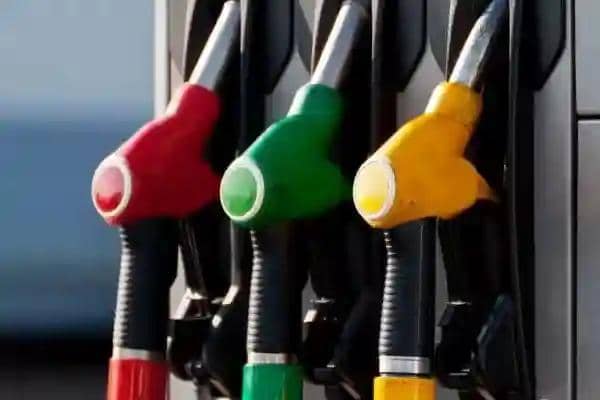Business Reporter
The Zimbabwean government has recently imposed a new levy of US$0.005 per litre on fuel imports, which is expected to lead to significant price hikes for consumers.
This decision, announced through Statutory Instrument 168 of 2024, has raised concerns among industry players and economists about its potential impact on inflation and the cost of doing business in the country.
Impact on Consumers and Businesses
Industry representatives, particularly from the Direct Fuel Importers (DFI), have indicated that the costs associated with this new levy will inevitably be passed on to consumers. DFI Secretary General Bart Mukucha noted that while the levy may help the government fund its projects, it will burden consumers who are already facing high living costs. He stated,
“Prices obviously will have to go up,” and warned that this could restrict consumer travel and overall economic activity.
Economists have echoed these concerns, predicting that the levy will contribute to rising inflation rates. Prosper Chitambara, an economist, emphasized that the additional costs from the levy would further diminish Zimbabwe’s competitiveness, particularly as the country grapples with high overheads and ongoing power cuts that force businesses to rely on expensive generators.
Broader Economic Context
Prior to the levy, fuel prices in Zimbabwe were approximately US$1.49 per litre for petrol and US$1.50 for diesel. The introduction of this levy comes amid a series of new taxes and increased fees implemented by Finance Minister Mthuli Ncube in the 2024 national budget, aimed at raising nearly ZW$10 trillion (US$1.7 billion) in additional revenue.
Economist Stevenson Dhlamini projected that the new levy would lead to marginal increases in the prices of goods, particularly basic commodities, due to the essential role of fuel in distribution and trade. He noted that this could result in a slight uptick in food-related inflation as well.
Conclusion
As Zimbabwe faces these new economic challenges, consumers are advised to prepare for potential price increases across various sectors. The government’s decision to impose this fuel levy reflects ongoing fiscal pressures and the complexities of managing an economy already burdened by high costs and inflation.
Zim GBC News©2024


